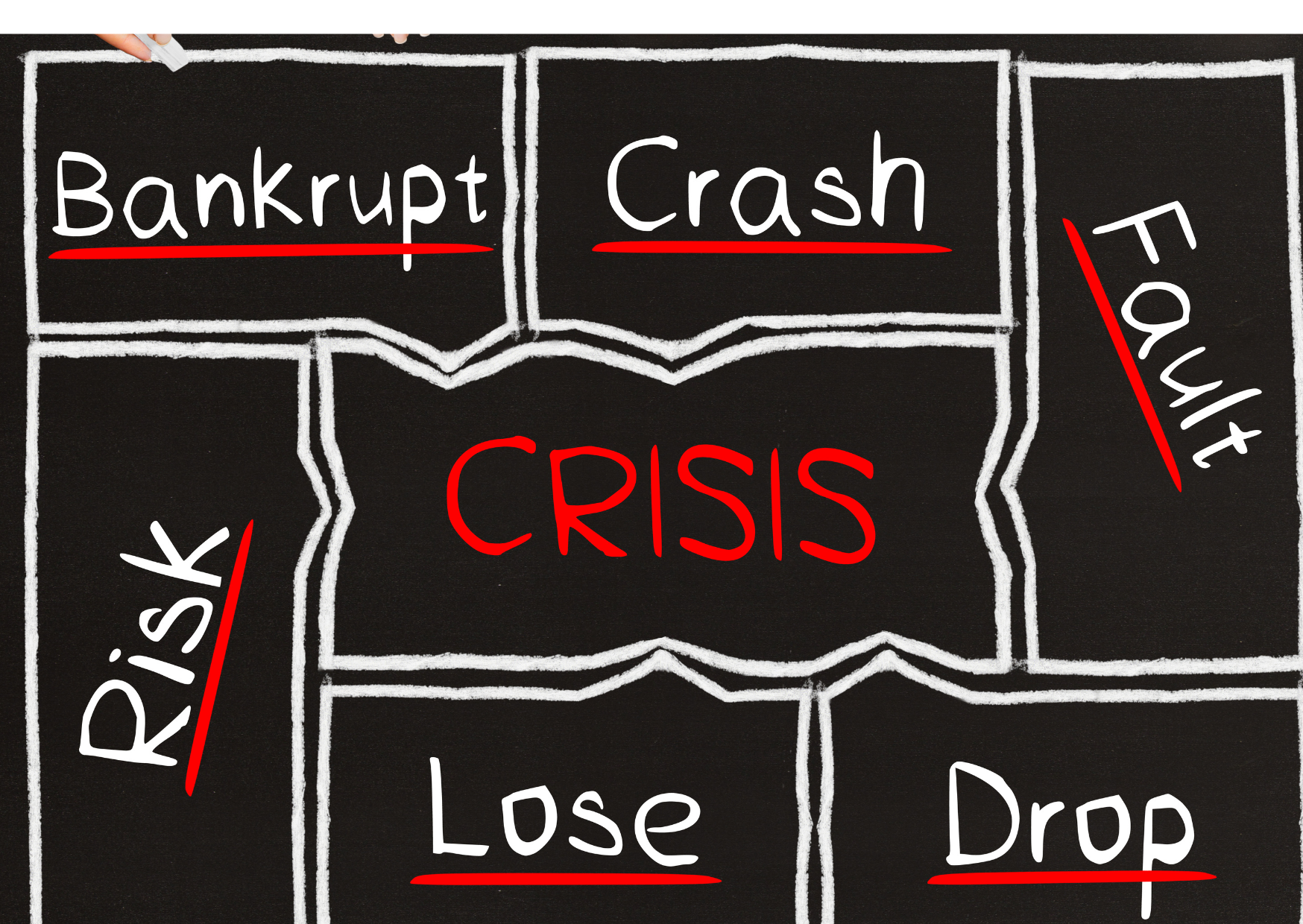THE CRISIS COMMUNICATION DILEMMA
In every crisis there are a huge number of factors, chaos and fear are usually running the game for all involved. The goal of crisis communication is to save companies, employees, management, reputation, and stock prices. An important goal of crisis communication is also to maintain or restore trust in the company and its leadership. Anything that obstructs this hurts you. Businesses either have or do not have crisis plans in place, as well as communication consultants, and in those cases, they do not turn to lawyers. Those who already have a clear strategy of action in communication in place beforehand, usually come out of the crisis even stronger.
Now, we come to the dilemma I announced in the title. There are usually a lot of people around you, different professions, and opinions on how to deal with the crisis. So, in case of a crisis, who will you listen to? The one who tells you to speak up, or the one who advises you to say as little as possible? Just this week we had exactly this discussion because no answer is always the same. However, usually the man’s first thought is to hide like an ostrich, and honestly, this is not the best of tactics. Not communicating seems like a safe choice. If you don’t say anything, then they can’t chase you for your words later. If you don’t speak, then you cannot worsen the situation. If you stay in the bunker, then you don’t have to deal with all the anger the crisis causes. This, in turn, will (again “usually”) cause you more problems later in the short, medium, and consequently long term. In a crisis, tongues will entangle, criticism and harsh words will fall, blogs will be written and articles published. Whether you do something or not. They will focus on you with all they have.
So: at this point, it is crucial to change your attitude towards transparent communication. Although it is difficult, exhausting and often scary. You have to communicate to survive. But wait… What if you have to tell bad news? Yes, even then. Fast, accurate and precise information will keep you going in the long run. Of course, it is necessary to provide information correctly, since in the past with the wrong kind of communication, some have even deepened their crisis. But it is all certain: in a crisis, it is more proactive to attack than to defend.



